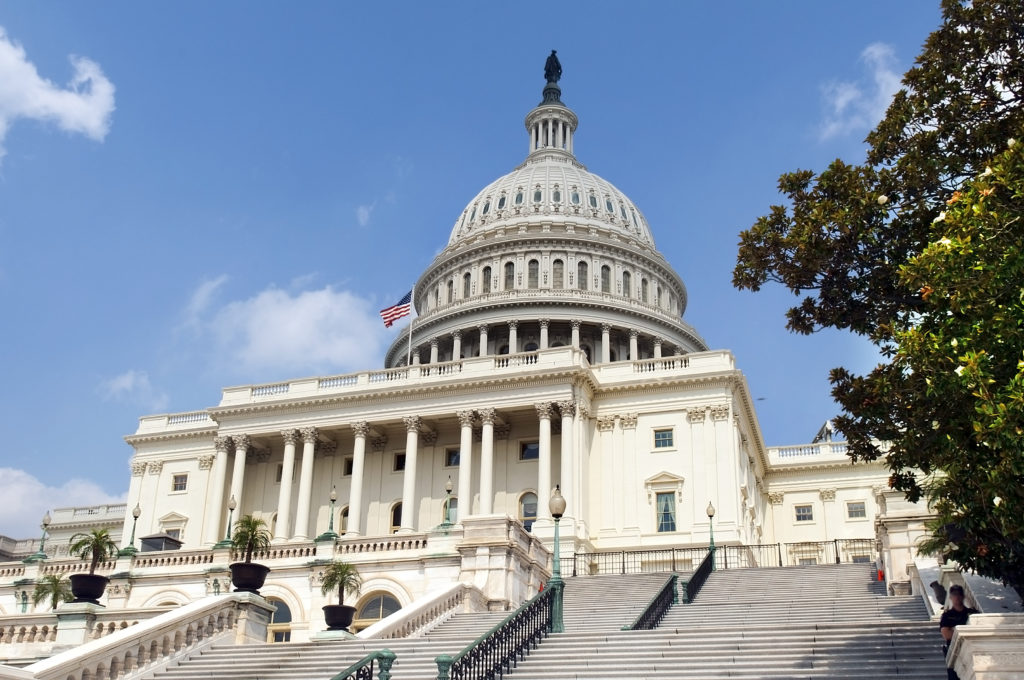The long debate over conflicts of interest on Wall Street will reach its boiling point this week, when the Department of Labor (DOL) hosts numerous hearings over the proposed fiduciary rule.
All sessions will be conducted at DOL headquarters in Washington, D.C., and will feature numerous participants representing opposing sides of the debate. Each group will be invited to give an opening statement, followed by questions from DOL officials.
Officials say the hope is that the passionate pleas from both sides of the argument will offer some clarity on the polarizing issue. “You’re probably not going to find too many people in the middle,” said one DOL representative.
And it’s not hard to find people with a strong opinion on the matter. According to one DOL spokesman, since the proposal of the fiduciary rule, the DOL has received over 900 letters either in support of or opposed to the suggested regulation. The beginning of hearings today also will mark the official start of a second comment period—one that will run from now until two weeks after the hearings conclude.
The fiduciary proposal is nothing new to Capitol Hill. The initial suggestion for such a rule came five years ago, but failed due to considerable objection from the financial industry. But this past spring, President Obama re-ignited the discussion when he backed such a measure to protect people in or near retirement from conflicts of interest.
“The goal here is to put an end to Wall Street brokers who benefit from back door payments or hidden fees at the expense of their clients,” the President said at the White House’s Conference on Aging.
Each side’s argument is as follows:
- The Department of Labor believes that a fiduciary rule removes the current incentives for brokers to place clients into investments that are not necessarily in line with the client’s long-term goals, in exchange for a larger commission.
- The financial industry argues that the rule is too prohibitive, and would raise costs and liability concerns to such a point that brokers would be discouraged from working with investors who possess modest retirement assets.
Those who advocate stronger regulations believe the financial industry as a whole is bluffing with their threats of abandoning the retirement sector to any extent. Others believe that the Department of Labor is doing a job that the Securities and Exchange Commission (SEC) should have undertaken long ago.
Kenneth Bentsen, President of the Securities Industry and Financial Markets Association (SIFMA), called on the SEC to institute guidelines that would protect all investors—not just those saving for retirement.
For now, however, the future landscape of saving for retirement appears to hang in the balance. The Department of Labor is expected to issue a final ruling early in 2016.
